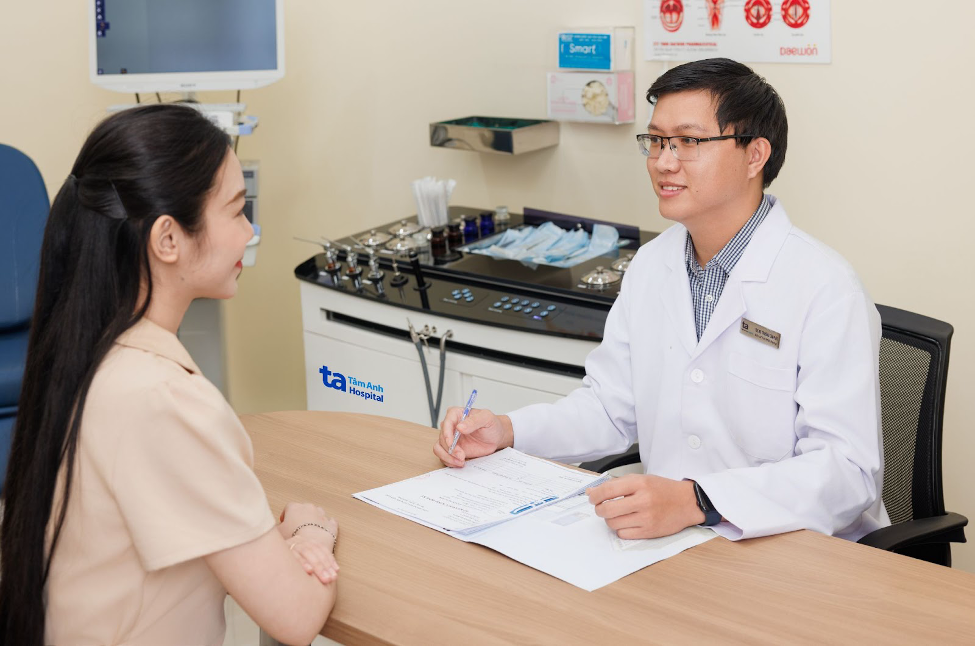Answer:
Antibiotics inhibit the growth and reproduction of bacteria. They are used to combat bacterial infections, not viral illnesses.
Upon entering the body, bacteria multiply and grow. The body responds by activating its immune system to eliminate these bacteria. However, in some cases, the sheer number of bacteria, their rapid growth, or their complexity can overwhelm the immune system. In such instances, especially with severe infections, doctors prescribe antibiotics to assist in eliminating the harmful agents. Antibiotics can also prevent bacterial formation and spread when a patient has an injury or requires surgery.
Patients should only take antibiotics as prescribed by a doctor after a proper examination. Incomplete dosages, shortened treatment durations, incorrect diagnoses, or overuse can lead to antibiotic resistance. Weaker bacteria are eliminated first, allowing stronger, more resilient bacteria to survive and adapt. These surviving bacteria can undergo genetic changes to resist the medication, rendering it ineffective.
 |
Doctor Phat consults a patient. Photo illustration: Tam Anh General Clinic, District 7 |
Doctor Phat consults a patient. Photo illustration: Tam Anh General Clinic, District 7
Antibiotic resistance occurs when bacteria become unresponsive to treatment. Common antibiotics lose their effectiveness, forcing patients to resort to stronger, newer-generation antibiotics with longer treatment durations, higher costs, and increased risks of side effects. Furthermore, resistant bacteria can spread within the community, posing a significant public health burden.
Signs of antibiotic resistance include prolonged illness despite antibiotic use, the need for higher doses and longer treatment, and a lack of symptom improvement after 48-72 hours of medication. Antibiotic susceptibility testing helps determine which antibiotics are most effective against the specific bacteria causing the infection. Resistance to multiple antibiotics on the test suggests potential antibiotic resistance.
You haven't specified your antibiotic usage, making a definitive assessment difficult. Avoid self-medicating with antibiotics for sore throats. Most sore throats are viral and resolve on their own with proper care. If symptoms persist, consult a doctor for a proper diagnosis, appropriate treatment, and close monitoring to prevent the long-term harm of antibiotic overuse.
To prevent antibiotic resistance: follow doctor's orders precisely regarding antibiotic type, dosage, and duration; never self-prescribe antibiotics; don't take antibiotics prescribed for others; and schedule follow-up appointments if symptoms don't improve.
MSc. MD. CKI Truong Tan Phat
Head of Otolaryngology Unit
Tam Anh General Clinic, District 7
| Readers can submit questions about ear, nose, and throat conditions here for doctor's answers. |












